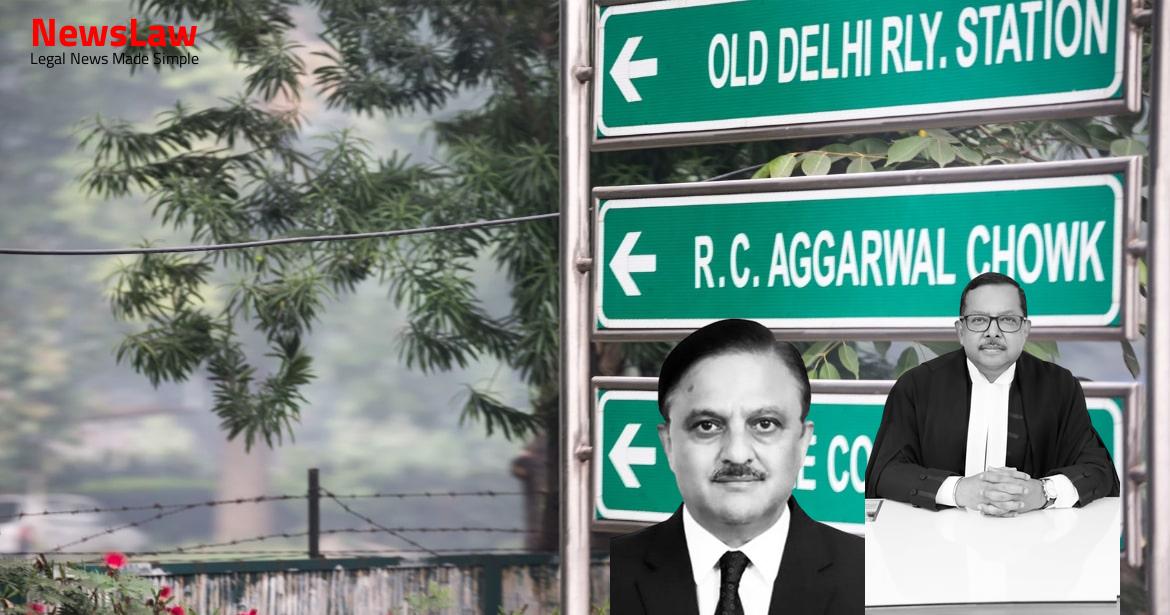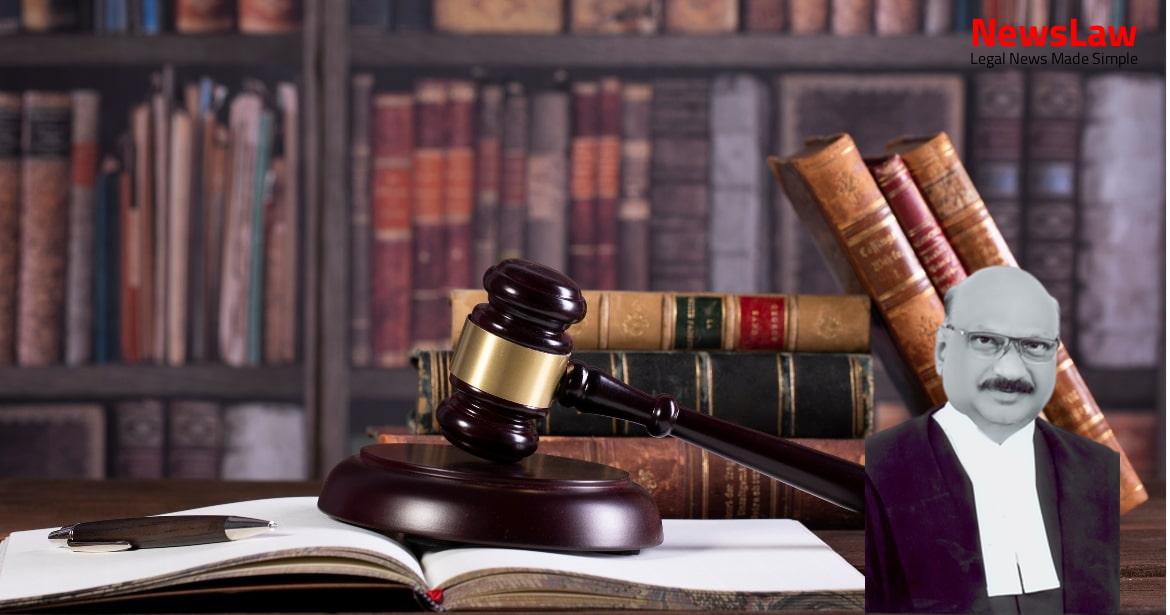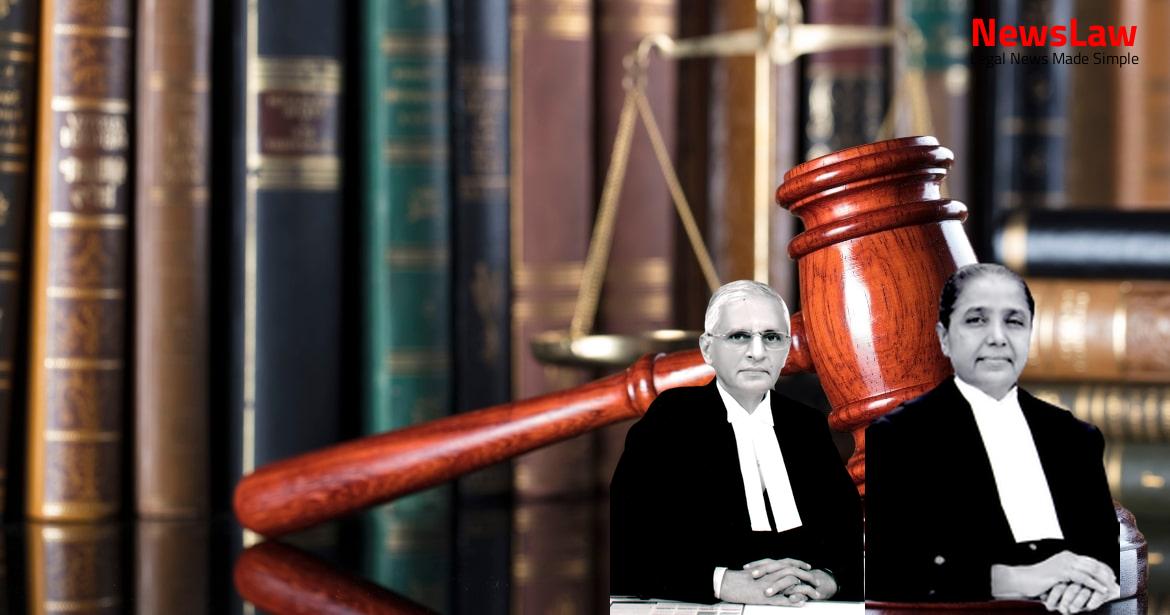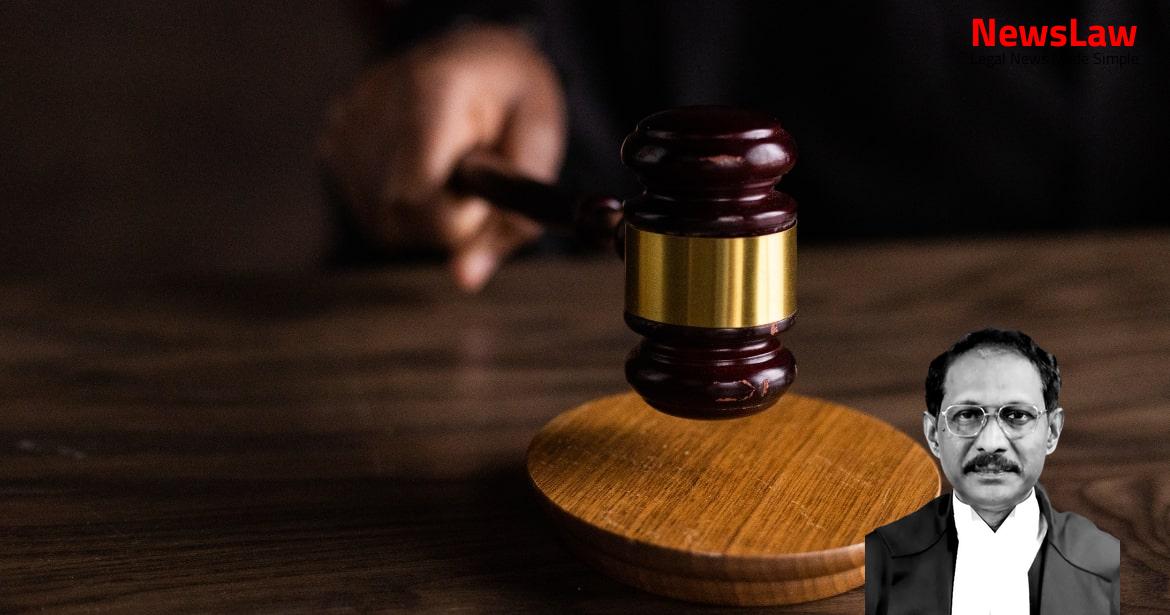In the legal battle between Meher and the University Grants Commission, the Supreme Court of India has delivered a landmark judgement regarding the continuity of appointees. The case revolves around the appointment process of Meher at the University Grants Commission and the subsequent dispute regarding her position. This judgement sets a significant precedent for the higher education sector in ensuring justice and fairness for appointees like Meher.
Facts
- The appellants were appointed under the Career Advancement Schemes of 2010 of the University Grants Commission in 2014.
- The 1st respondent appointed the appellant as the Director of Sarojini Naidu Centre in 2016.
- A University advertisement in July 2016 invited applications for academic posts in the Sarojini Naidu Centre.
- Appointments were made based on the advertisement, with the Executive Council confirming them in 2017.
- There were queries raised by the Teacher’s Association and the UGC regarding the appointments.
- The UGC Women Studies Scheme was extended till March 2021 during the proceedings.
- Letters Patent Appeals filed by the appellants were dismissed in April 2023.
- Appointments and subsequent actions were based on a regular selection process initiated in 2016.
- The appellant was reinstated to the post of Professor/Director of Sarojini Naidu Centre by the High Court.
- The UGC gave in-principle approval to regularize the appointees of Sarojini Naidu Centre.
- The Writ Petition filed by the UGC against the appellant’s appointment was dismissed by the High Court stating it as purely temporary.
- The High Court held against the appellant due to her presence in the Selection Committee as the Director of Sarojini Naidu Centre.
- The Executive Council of the University accepted the recommendation of a three-member committee regarding the faculty positions.
- A decision was made to transfer faculty positions to Non-plan of Jamia Millia Islamia.
- The appellant’s appointment and that of Sabiha were both on probation without conferring any long-term title.
- It was decided that posts would be filled through a proper selection committee after publishing an advertisement.
- Teachers made a representation against the decision to conduct a fresh process of appointment.
Arguments
- The appellant was appointed as Professor/Director of Sarojini Naidu Centre on 8th December 2016.
- The University followed due process of law in appointing the appellant as an Assistant Professor in December 2016.
- A three-member committee found prima facie evidence of misconduct against the appellants and recommended a regular Disciplinary Committee for further enquiry.
- The University appointment of the appellants was made after following a regular process as advised by UGC.
- The appointments were on a tenure post till a certain period or scheme lasts.
- The appellant applied for the post of Professor/Director in Sarojini Naidu Centre following advertisement dated 12 July 2016.
- UGC recommended regularization of appointments made through a regular selection process.
- The appellant, though a member of the Selection Committee, did not participate in the meeting.
- The learned counsel representing UGC reiterated before the High Court that individuals appointed through a proper selection process and meeting UGC qualifications can be continued after merging with the regular university establishment.
- UGC has permitted the merger of teaching staff with the regular university establishment.
Analysis
- The University advertised for various posts in July 2016 and the appellants were to be continued after the merger as suggested by the UGC.
- Both Houses of Parliament need to approve regulations before they can be implemented.
- Meher and Sabiha were probationarily appointed but later converted to temporary appointments by a resolution of the Executive Council in April 2010.
- The UGC permitted the University to merge teaching posts in Sarojini Naidu Centre into the regular establishment.
- On May 2, 2019, the Executive Council passed a resolution approving the merger of teaching posts into the regular establishment.
- The UGC reiterated in letters its stand on merging teaching staff based on proper selection processes and approvals by statutory bodies.
- The UGC specifically informed the University that the teachers could be merged with the regular establishment if they fulfilled the required qualifications and approvals.
- UGC regulations have a binding effect on universities and non-compliance may lead to grants being withheld.
- The UGC’s position is crucial as highlighted by the Court.
- Even though the UGC’s letter used the word ‘may’, the University was expected to merge the appellants and similar employees with the regular establishment.
- Appellants who underwent proper selection processes and possess the required qualifications should have been continued on the merged posts instead of a fresh selection process.
- The appellants were appointed in compliance with the norms and requirements, and should be considered appointed against sanctioned posts for all practical purposes.
- The University’s reliance on the word ‘may’ in the UGC’s letter to not continue the appellants is unjust.
- The University Grants Commission (UGC) has been established for determining standards of universities and promoting and coordinating university education.
- The UGC is responsible for determining and maintaining standards of teaching, examination, and research in universities.
- It defines the qualifications required for teaching staff in universities and ensures maintenance of standards.
- For carrying out its functions as per the UGC Act, the UGC is empowered to frame regulations.
- The UGC defines the qualifications and standards needed for individuals to be appointed in universities.
- The employment of the appellants must continue after the merger.
- The University can still proceed with a Disciplinary Enquiry against the appellants, but subject to their objections.
- A committee led by a retired High Court Judge has recommended initiating the Disciplinary Enquiry.
Also Read: Jaiprakash Associates Pvt Ltd v. Delhi Development Authority
Decision
- Petitioners’ appointments shall not be disturbed until replaced by regularly appointed candidates under the existing selection process.
- Appointed candidates subject to outcome of Special Leave Petition.
- Entitled to continuity in service and consequential benefits but not pay for periods not worked.
- Appointments made by University under subsequent advertisement subject to petition outcome.
- Appointees to be reinstated within three months.
- University to consider accommodation of any new appointees in vacant posts.
- Appeals allowed with no costs.
Case Title: MEHER FATIMA HUSSAIN Vs. JAMIA MILIA ISLAMIA (2024 INSC 303)
Case Number: C.A. No.-004963-004963 / 2024



